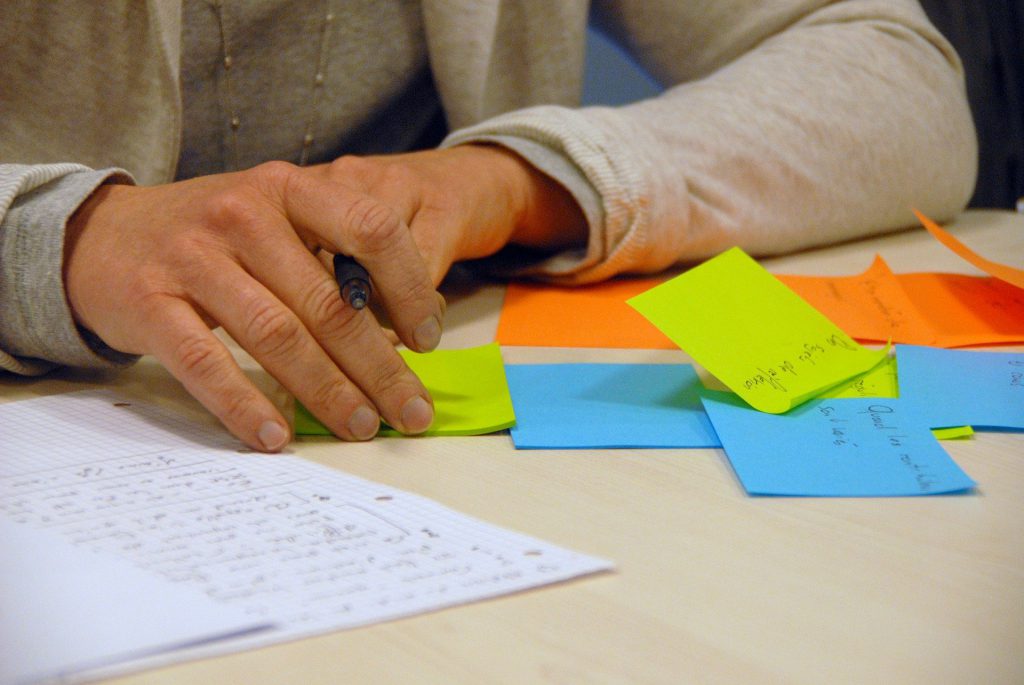
Social and Emotional Development and Wellbeing of Infants
The optimal development of infants and young children is a priority. There is increasing recognition that fetal development and infancy are vital periods of very rapid physical, physiological, psychological, and neurological growth. This growth is reflected in the cognitive, physical, and social-emotional domains of early childhood development.
Human development involves geyimedicals.es interactions salgen.it among biological, psychosocial, and environmental factors. Environmental influences and maternal responses to these prime the developing fetus for the world she or he will be born into. Exposures to risks during pregnancy and early childhood may have lasting adverse effects on physical and physiological development. Interventions that optimize early childhood development during this phase of life have the potential to have a significant benefit throughout the child’s whole life.
Emotional development is the child’s growing capacity to express and regulate emotions and understand how these relate to their experiences. Social development is the process whereby the child gains the sintomasdelsida.org life skills for understanding and responding to other people, including having their emotional needs met within relationships. Social-emotional development is the foundation for the establishment of a sense of identity. It begins from the earliest days and continues through life. The family and family environment are the primary sources of the child’s experiences and therefore have a key influence on a child’s social and emotional development.
In infancy, repeated exchanges between babies and their primary caregivers shape social-emotional development. Effective caregivers observe the child’s cues, interpret what these shows, and respond consistently, contingently, and competently. Caregivers who are positive, sensitive, and do not use physical punishment facilitate optimal early social-emotional development, secure infant-to-parent emotional attachment, and have higher infant cognitive ability. Their own experiences of being cared for as children, social and economic circumstances, knowledge of infant developmental needs, skills of infant care, and reproductive, physical, and mental health shape caregivers’ capabilities.
Sensitive, affectionate relationships give infants experiences of safety, predictability, encouragement, and emotional comfort. These early relationships provide a model for all subsequent relationships, including how to communicate emotions, trust others and, of heightened need, and develop empathy and compassion. Unpredictable and harsh caregiving practices can lead to suboptimal social and emotional development, which can cause problems with conduct or behavior among young children and mental health problems among adolescents and young adults.

There is no formal training for parenting/caregiving, which has been stereotyped as being intuitive to women. However, parents aspire to provide the best care possible within their capacities and circumstances. Parenting knowledge and capabilities can be changed and strengthened if parents are given access to life-stage specific, salient and comprehensible information and learning opportunities. The perinatal period presents an exceptional opportunity to provide parents/caregivers with guidance and education, as they aspire to parent
to the best of their ability. Effective parenting foundations will contribute to children’s lifetime health and well-being. Parents and their babies are engaged with health and social services for routine care, and for help with specific or heightened needs related to health, development, or personal circumstances during pregnancy and the first postpartum year.
